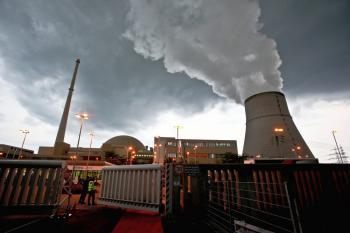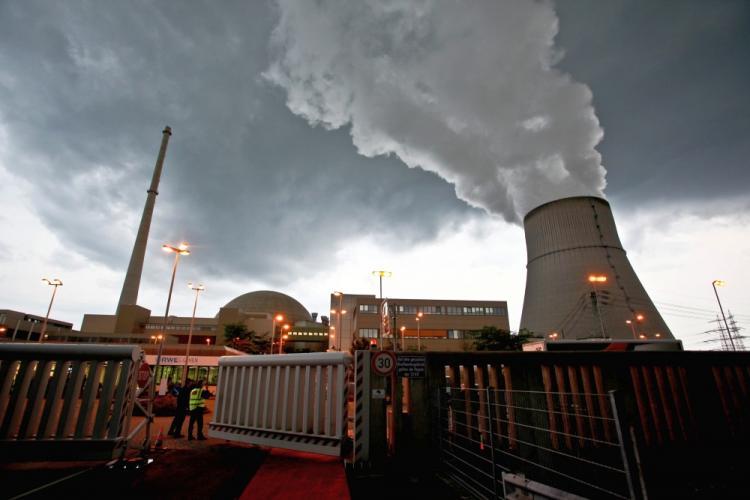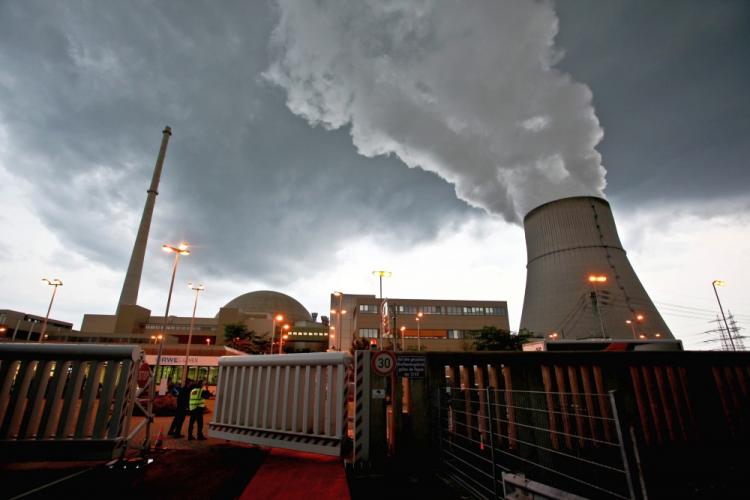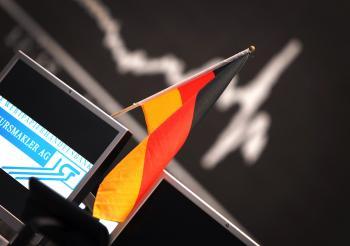Germany’s Nuclear Phaseout Debate Redux
One of the most incendiary topics in Germany is the debate over prolonging the country’s promised nuclear phaseout.

The Emsland nuclear power plant at dusk on Aug. 26 in Lingen, Germany. Chancellor Angela Merkel announced that the government will delay the planned closure of Germany's nuclear power facilities. Ralph Orlowski/Getty Images
|Updated:




